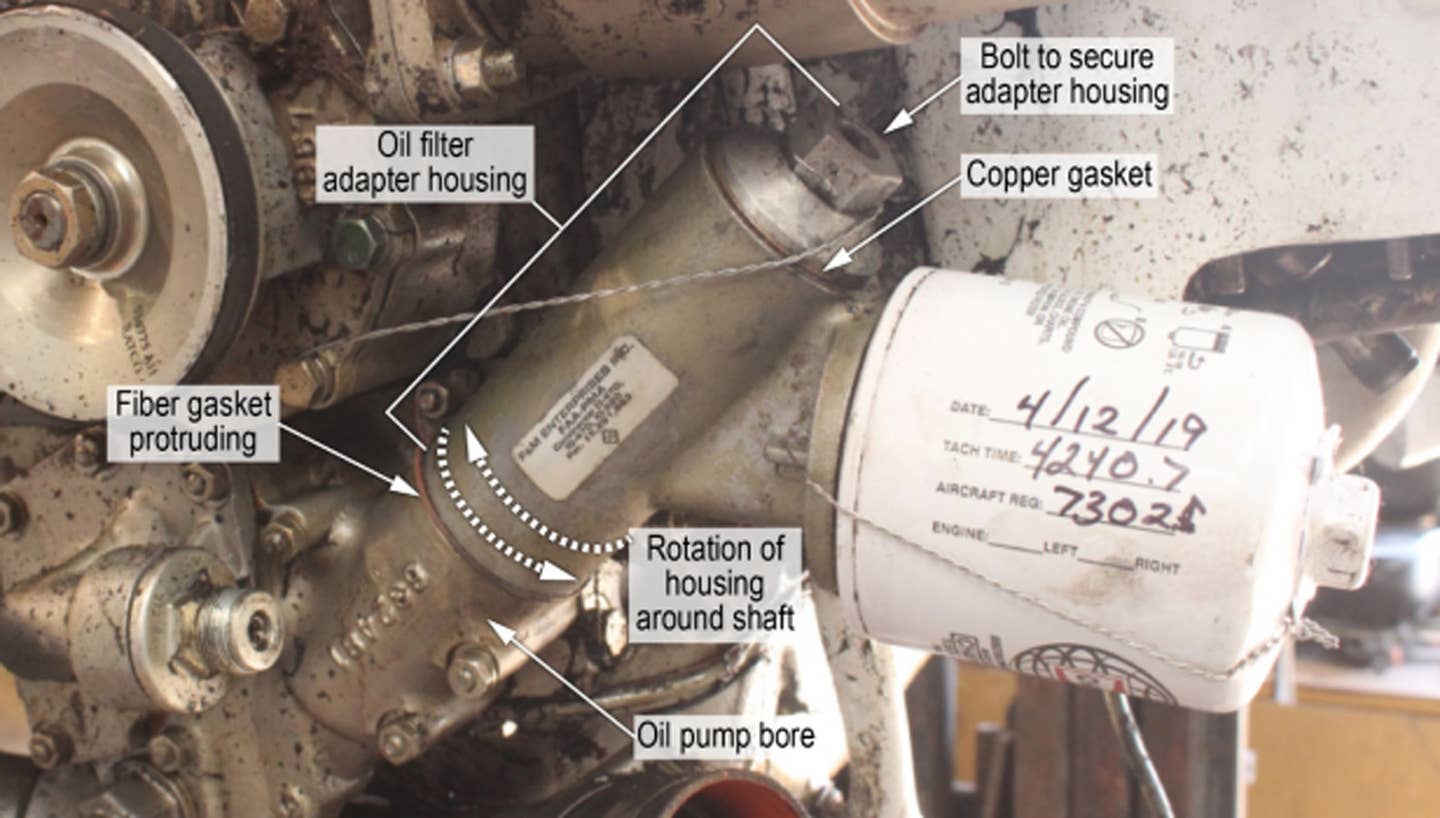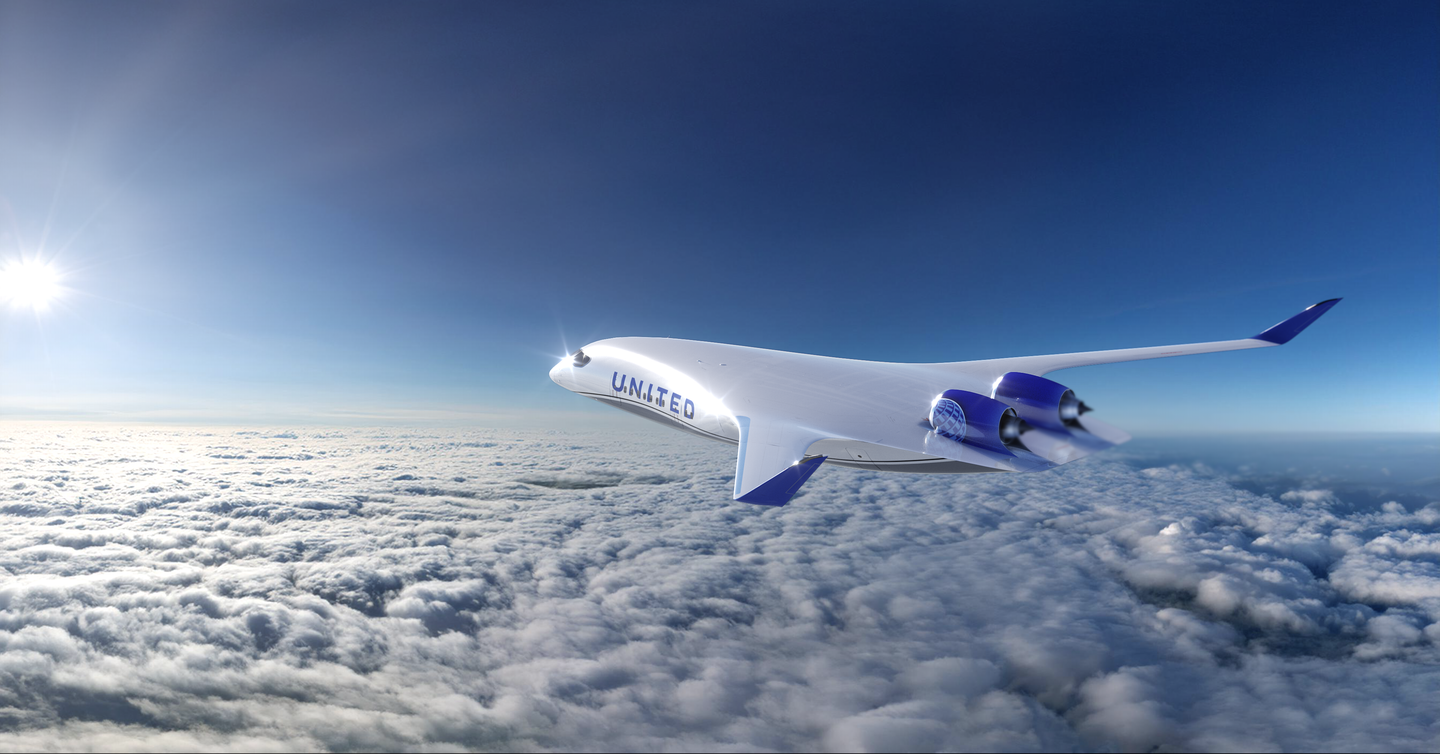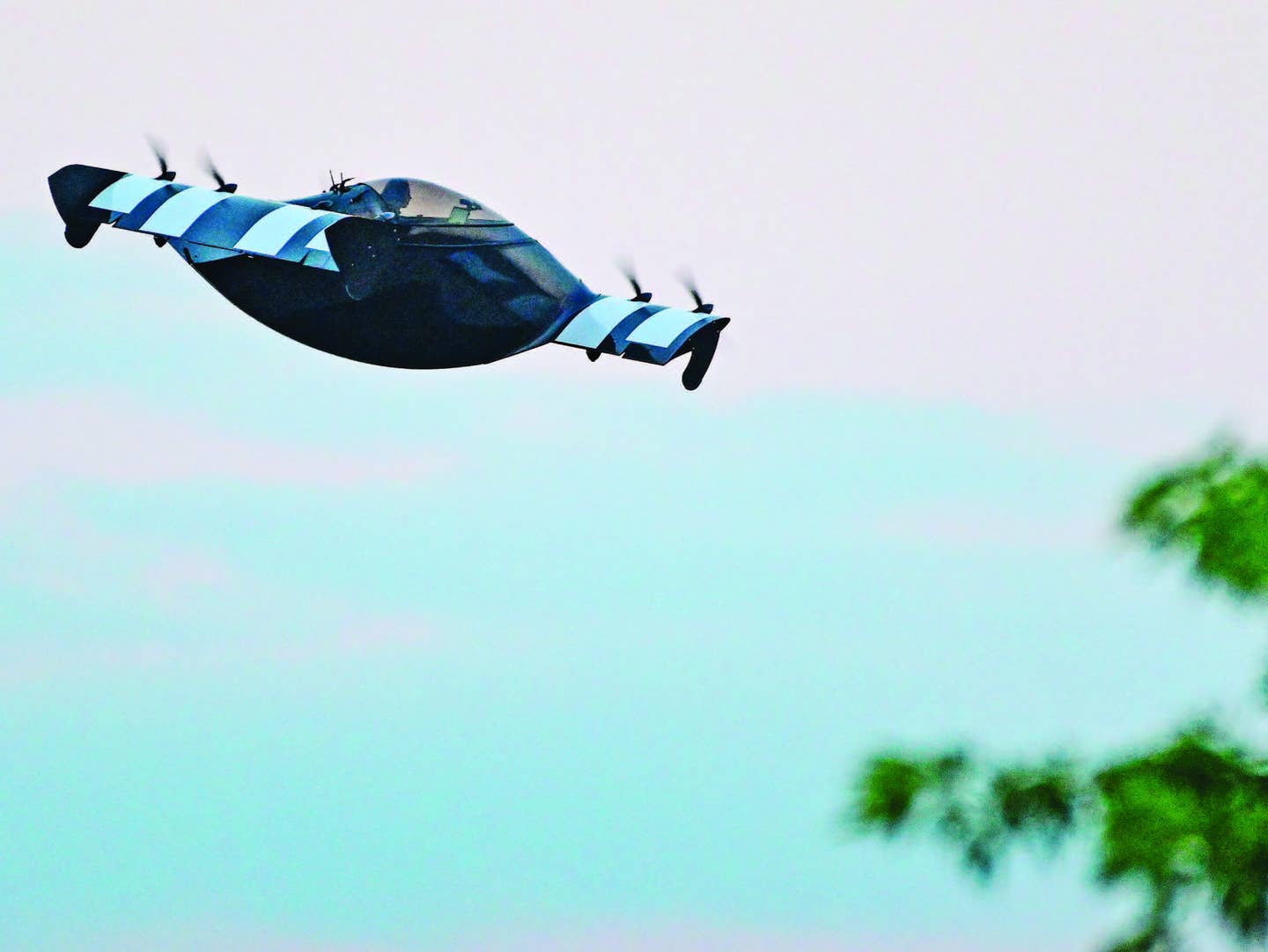
The oil filter adapter is shown in this photo from the Mill Creek accident involving a Cessna 182. NTSB
The NTSB has issued a safety recommendation on the F&M series of oil filter adapters used on a range of piston aircraft engines. Pilots and owners of aircraft using the adapters should be aware of the report and take action as needed. The oil filter adapter allows the use of a spin-on oil filter—rather than the manufacturer’s brass oil screen—on Continental engines found in popular singles and twins, such as certain Beechcraft Bonanzas, Barons, and Debonairs; Cessna singles and the 310, Maules, the Mooney M20K, and Piper Arrows and Seneca IIs.
The report focused on a pair of accidents in which a Cessna 182 (near Mill Creek, California) and a Cessna 210D (near Ramona, California) suffered oil starvation—and were found to have have the adapter installed. The installation uses two gaskets—a fiber gasket a to create a seal between the oil pump and the filter adapter, and a copper crush gasket to form a seal at the top of the filter adapter housing. According to the NTSB report, “Post-accident examinations of the oil filter adapters on the Ramona and Mill Creek accident airplanes revealed a crescent indentation in the fiber gasket material. Further, investigators found that the housing for both accident airplanes’ oil filter adapter rotated freely around the shaft and the fiber gasket protruded from the interface between the oil pump bore and adapter. Post-accident examinations of the accident adapters from the Ramona and Mill Creek accidents revealed that the torque was 9 lbf-ft and less than 20 lbf-ft, respectively. However, investigators were not able to determine the root cause of these irregularities.” The required torque value per the installation instructions is 65 ft-lbs. A total of 11 accidents were reviewed by NTSB and Stratus during the investigation.
Stratus Tool Technologies—current STC holder and manufacturer now of the TempestPlus filter adapters—published a mandatory service bulletin on its site dated October 25, 2019, requiring inspections and updated procedures to be accomplished on aircraft with the adapters installed—with any discrepancies resolved—prior to further flight. However, pilots and owners operating under Part 91 didn’t have to comply with the SB—but now the NTSB emphasizes the critical nature of the bulletin with its report.
We contacted Stratus Tool Technologies to confirm that the guidance given in the SB remains in effect for current operators to follow. The company offered the following commentary on the report and its work with the NTSB. “Through our research and hundreds of hours of testing in cooperation with the NTSB, we collectively determined that inadequate installation and a lack of proper maintenance are significant contributors to these incidents,” said a company spokesperson. “Although Stratus bought the assets to F&M in 2015, we have not had any reports of these types of failures on product manufactured by Stratus Tool Technologies and marketed or sold under the Tempest brand. Stratus Tools Technologies is committed to safety and customer satisfaction as evidenced by continuous improvement since acquiring the product line. Although the lineage of this product is shared with F&M, we want to be clear that there is a differentiation in manufacture and quality between legacy F&M (and predecessor) products and those manufactured by Stratus Tool Technologies.”
A pilot and aircraft owner experienced an in-flight oil starvation event and shared this experience with Flying: “Last week, I was nearly a fatality... [the oil filter adapter] failed on my airplane exactly as described in the NTSB report. Thankfully I was able to land on a private runway right before my engine seized due to a loss of oil when the fiber gasket failed catastrophically.” As a precaution, all operators of the entire line of oil filter adapters should review the SB and proceed accordingly—and report any incidents they find.

Sign-up for newsletters & special offers!
Get the latest FLYING stories & special offers delivered directly to your inbox






